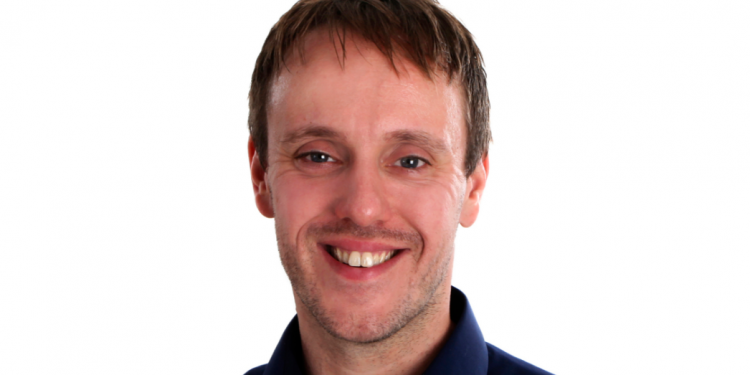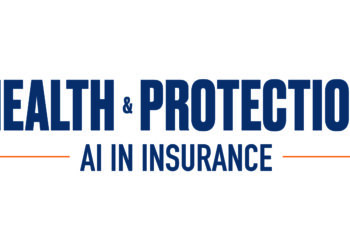The protection industry must do more to help brokers effectively tackle harrowing calls where customers talk about ending their own lives, according to Alan Knowles, managing director at Cura Financial Services.
Knowles (pictured) told Health & Protection about just such a call that he will remember for the rest of his life and the impact it had on him for months after.
The phone conversation was with a customer in January 2020 – a mother of two who had lifelong mental health difficulties, had tried to take her own life in the past, and had self harmed but recognised her own internal struggles.
“She was asking about life insurance and red flags went off as soon as she asked, ‘does life insurance pay out for suicide?’ Obviously at that point I thought, ‘we’ve got somebody vulnerable,’ Knowles explained.
Consequently Knowles said he had a very open discussion with the customer who revealed she did not want to take her life now but wanted to do so at some point in the future.
While Knowles discussed the Samaritans and made sure the woman had as much support as she required, he did not sell her any insurance that day. He noted that even if he had done so, the policy would probably have a suicide exclusion and not be what she wanted.
Training and self-care
Knowles, who has been on a vulnerability course and is also a mental health first aider, explained that during the call he relied heavily on his ALGEE training, which stands for:
- Assess risk;
- Listen non-judgmentally;
- Give reassurance and information;
- Encourage appropriate professional help; and
- Encourage self-help and other support strategies.
But after the two-and-a-half hour phone call, Knowles admitted he “was done.”
He subsequently went home and rang co-managing director and wife Kathryn.
“We had a good chat about things and I just said I can’t do anymore today and I came back in fresh the next day,” Knowles continued.
“I’ll probably remember that call for the rest of my life. We’ve always been good with our staff about mental health, about having these conversations, about looking after themselves, but this really flagged as a good example as to why it’s so important for people to do that.”
‘Weeks after it still came back to my mind’
Knowles added that while he had taken calls where people told of being assaulted or that they had tried to take their own lives and how they had done it, no story had touched him as this call had.
“That was somebody who was telling me that one day she would take her own life and that was something else,” he said.
“That was something I’d never experienced before. Despite some of the other conversations I’d had, this was very unusual and was hard, and even days and weeks after it still came back into my mind and I still thought about her.”
In dealing with the fallout from the call and other stresses of subsequently being in lockdown, Knowles revealed it helped him to think of the stress bucket.
This is where holes in a person’s bucket equate to daily activities and ways of destressing and without those holes, those activities, water and stress will come bubbling over the top of it.
“That’s a really good analogy that I still use today,” he said.
“What this really flagged to me was I needed holes in my bucket. I needed to let some of my stresses out because otherwise I found myself getting wound up thinking about other things but also this lady, this client.
“So I had to exercise and find other outlets at that time.”
A call any adviser could take
But Knowles warned every adviser could take a call like his at some point in their career so it is important they are adequately equipped.
“Every adviser will have a conversation at some point, hopefully not to the degree that I had, but they will and for me, this is where I think the industry has a major hole,” he continued.
“What happens if that client says, ‘I’m going to do something. Something’s going to happen. I’m not happy being here anymore.’ What happens then?
“I was very lucky that the conversation didn’t go that way. It could have just as easily been somebody who really was in a bad place and thinking about ending their own life.
“Do people know the number for the Samaritans? Do they know where they can go to get help? What they can say? What they shouldn’t say?
“Also what they do and how they deal with it afterwards? So I do think it’s something that as an industry we need to be far more aware of and have processes in place for.”






